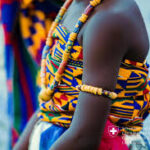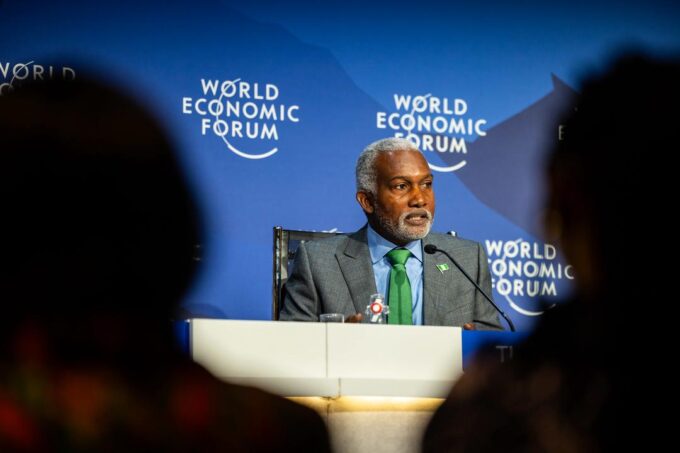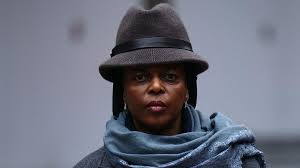Nigeria’s leading technology regulator has raised fresh alarms about the growing influence of TikTok, saying the social media platform is consuming too much of young people’s time and diverting them from productive activities. The National Information Technology Development Agency (NITDA) has revealed plans to tighten oversight of TikTok’s operations in Nigeria to safeguard users’ data, promote responsible digital engagement, and preserve national interests.
Kashifu Inuwa Abdullahi, Director General of NITDA, expressed deep concern that TikTok’s hold on Nigerian youth is becoming detrimental to education, innovation, and creativity. He described the app as “eating our youth’s time” and called for more meaningful and productive use of digital platforms. Abdullahi emphasized that Nigeria must take charge of its digital space to ensure that technology contributes to development rather than distraction.
The renewed push for regulation aligns with the country’s Code of Practice for Interactive Computer Service Platforms, which requires social media companies to remove harmful or misleading content within 24 hours of notification and to comply with Nigeria’s data protection and cybersecurity laws. The agency insists that foreign tech firms operating in the country must align their policies with local laws and values.
TikTok recently updated its global privacy policy, allowing data sharing with government and law enforcement agencies in certain circumstances without informing users. Nigerian officials have expressed concern that such policies may undermine user privacy and weaken national data control if not properly monitored. The government wants greater transparency from digital companies about how Nigerians’ data is stored, processed, and shared.
Experts say the government’s stance reflects a broader global debate over digital sovereignty and social media regulation. Many African nations, including Nigeria, are increasingly pushing for stronger control over online platforms that shape youth culture, politics, and communication. While supporters see the move as necessary for national security and youth protection, critics warn it could lead to censorship and restrict freedom of expression.
Despite the criticism, TikTok remains one of the most popular apps in Nigeria, especially among young creators and influencers. It has provided opportunities for entrepreneurship, entertainment, and cultural expression. However, many observers note that excessive screen time and content consumption often overshadow the positive impact, leaving many youths unproductive.
TikTok reported removing over seven million videos from Nigerian accounts in the first half of 2025 as part of efforts to comply with content moderation policies, showing how active and influential the app has become in the country.
As Nigeria moves to strengthen control over digital platforms, it faces the challenge of balancing innovation with responsibility. The government’s goal is to protect citizens from harmful content and data misuse without stifling creativity or free speech. Whether TikTok will adjust its policies to meet Nigeria’s regulatory expectations remains to be seen, but one thing is certain—the conversation on how social media affects youth development and national progress is far from over.














Leave a comment